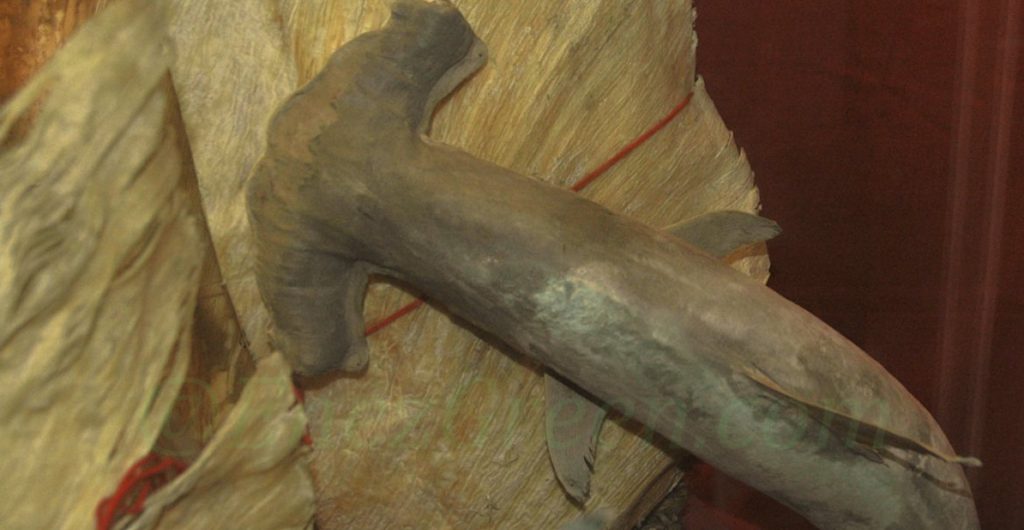Shark fin fishing difficult to eradicate
Shark Finning, famous practice of catching a shark, cutting off the fins and discarding the remainder alive in water, is illegal in Costa Rica since 2005. However, the law did not stop the smugglers who continue this illegal fishing practice despite the involvement of rangers who deplore the lack of cooperation by INCOPESCA, powerful fisheries of Costa Rica.
According to Jose Lopez Lino Chaves, Vice Minister of Water and Oceans of the country, “the fisheries do not share information, and legally they are not obliged to. Anyway they do not meet anyone when questioned. “According to Chavez, there is a conflict of interest since he is surrounded by people who come from the fishing industry. Others are more pointed in their criticism. They say the first fishing officer of Costa Rica often seems to prefer protecting criminals.
As environmentalist Randall Arauz, who helped to pass the anti-finning law. The latter specifies that whole sharks must enter port with their fins attached to their bodies, to reduce the capacity of the boats. Arauz said that INCOPESCA seems to play on the words “oh, wait a minute! The dictionary “attached” means that you can remove it and put it together again.
“Frankenstein sharks” landed in ports with lots of fins sewn on just a few corpses
Arauz also said that the inspectors tend to look away when “Frankenstein sharks” as he calls them, arrive in port with fins sewn on just a few corpses. We brought this case to the prosecutor of Costa Rica, added Arauz. The prosecutor stated that “the fins attached” means “naturally attached”. Which resulted, according Arauz, that fishermen have again found a drift with a new practice of keeping a single strip of skin to keep the fin attached to the spine and to reject the rest of the body at sea. He also added that: “having INCOPESCA that governs the problem of overfishing is like to entrust a blood donation bank to Dracula.”
An alert concerning a method of harvesting shark fins to avoid detection of illegal practices has been distributed to 190 INTERPOL member countries after a case has been identified by the authorities of Costa Rica. This new practice is to maintain a single strip of skin to keep the fin attached to the spine and to reject the rest of the body at sea.
This method aims to bypass the law banning finning which states that shark’s fins should be “naturally attached” to the body.




